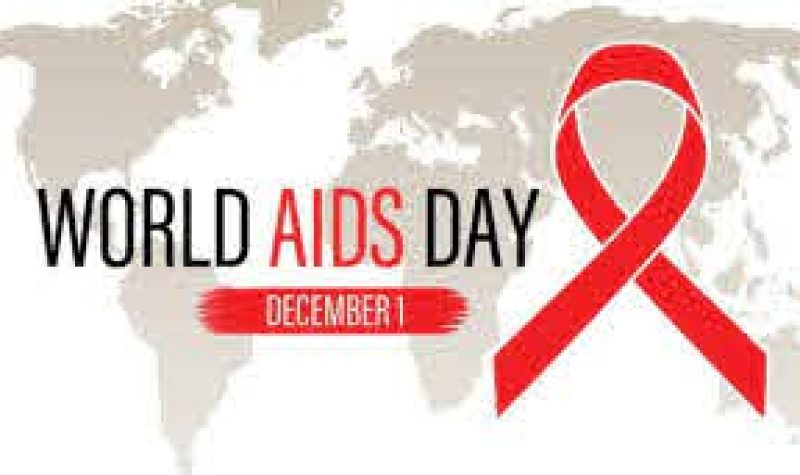The United Nations (UN), since 1988, set aside Dec. 1 to mark the important fight against the Acquired Immune Deficiency Syndrome (AIDS) caused by the Human Immuno-deficiency Virus (HIV). The day is set aside to promote through awareness and action ways to combat it, fight against the discrimination of sufferers and remember the struggles of its numerous victims globally.
To date, no cure has been discovered but sufferers have found solace in Anti-Retro Viral (ARV) drugs that are products of years of intense research. These drugs are very effective and extend a sufferer’s life span extensively.
According to the UN website, around 38 million people across the globe are living with HIV today, and about as many have died since the AIDS virus was first discovered in 1984.
It adds that 25.4 million people were accessing ARV therapy, 1.7 million people became newly infected with HIV and 690,000 people died from AIDS-related illnesses in the past year.
Early this year, the Public Health Agency of Canada (PHAC) in its “HIV in Canada—Surveillance Report, 2018”, reveals that the number of new HIV cases in Canada increased by 25.3% over the four years under review: from 2,040 cases in 2014 to 2,561 cases in 2018.
Also, the Canadian AIDS Society says 2020 is the fourth consecutive year of increase in HIV cases adding that over 68,000 individuals are currently living with HIV in Canada, 14% of whom are unaware of their HIV status.
In British Columbia, the BC Center for Disease Control says the rate of AIDS and the number of AIDS case reports per year have decreased from a peak in 1993, due primarily to advances in HIV treatment which includes ART. ``The rate of AIDS in BC continued to decrease in 2017 to 0.9 (45 cases) from 1.5 (70 cases) per 100,000 population in 2016 and remains higher than the Canadian rate,’’ the website quotes.
To commemorate the Day, CFUV 101.9FM held a vox pop among a select number of the Afro-Caribbean community in Victoria and the survey shows that: Of 10 Africans and 10 Caribbeans surveyed, none had undergone a HIV test this year, two carried out tests in 2019 and eight in 2018.
It is a relief to learn that fewer people get infected every year, but it seems awareness for getting the free test is low. Doctors recommend a yearly test of individuals that are sexually active and have two or more sexual partners.
The UN Secretary-General Antonio Guterres says ``Health is a human right. Health must be a top investment priority to achieve universal health coverage. On this World AIDS Day let us recognize that, to overcome COVID-19 and end AIDS, the world must stand in solidarity and share responsibility."
I ask again: Do you know your HIV or AIDS status?
The theme for this year's Day is: 'global solidarity, shared responsibility’.


